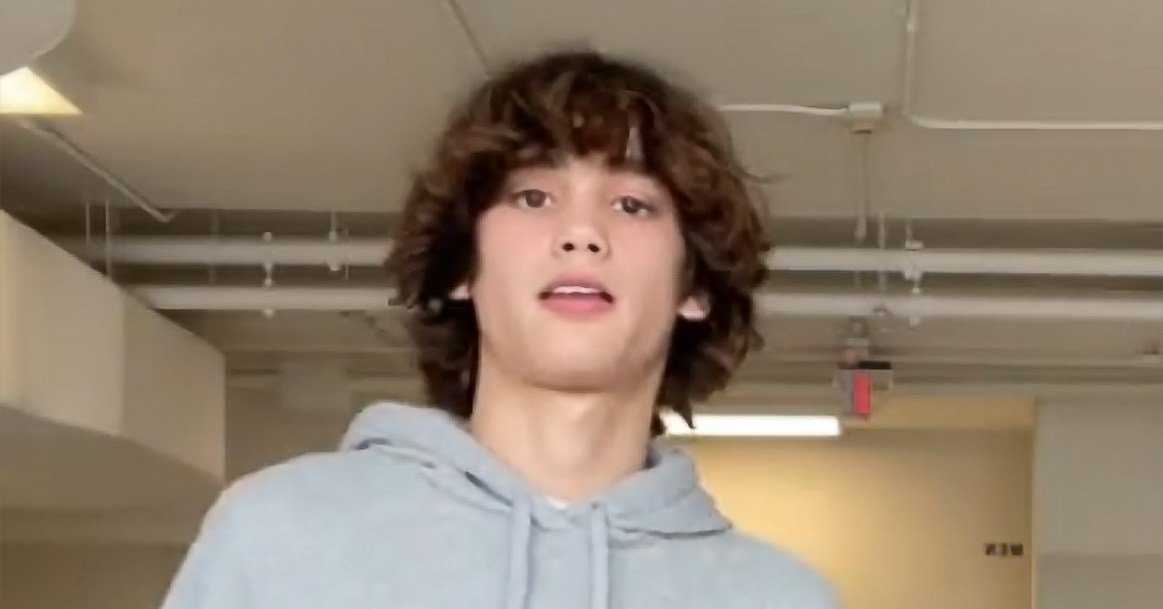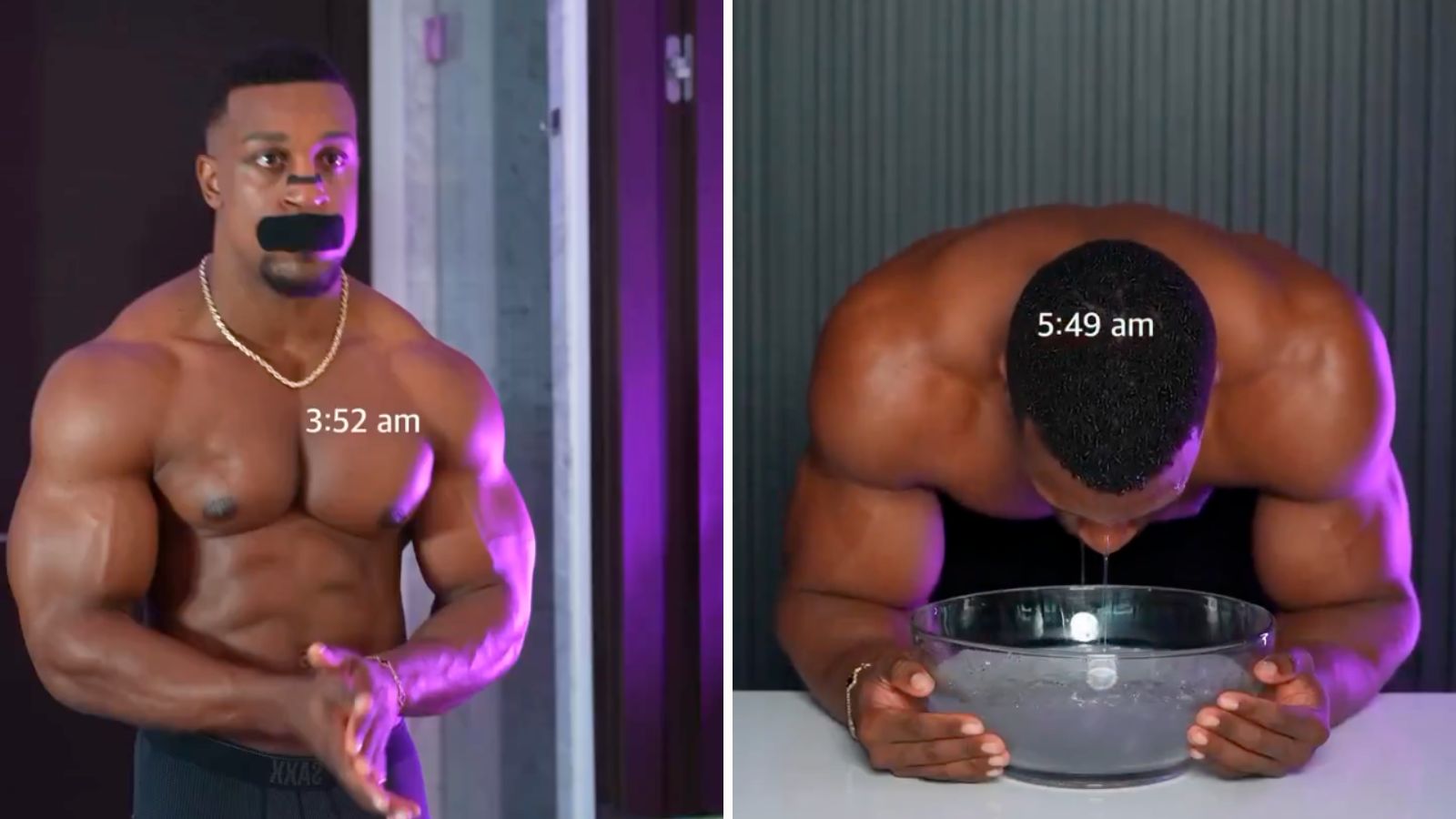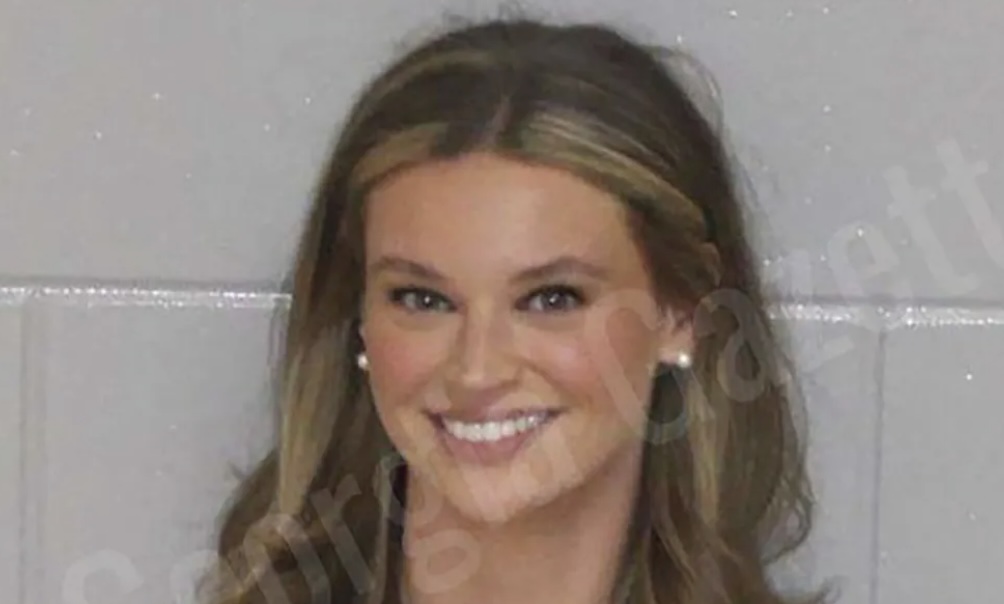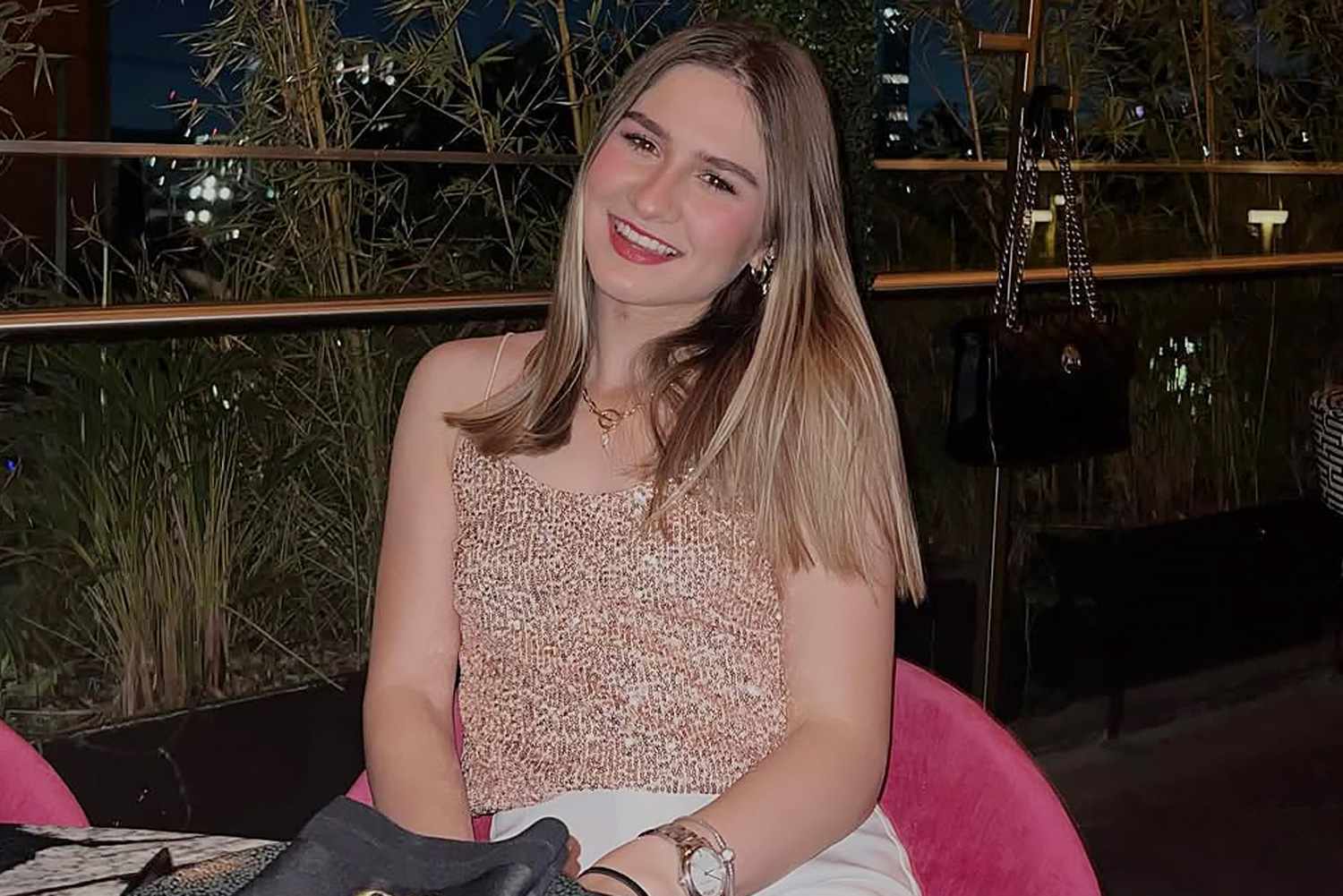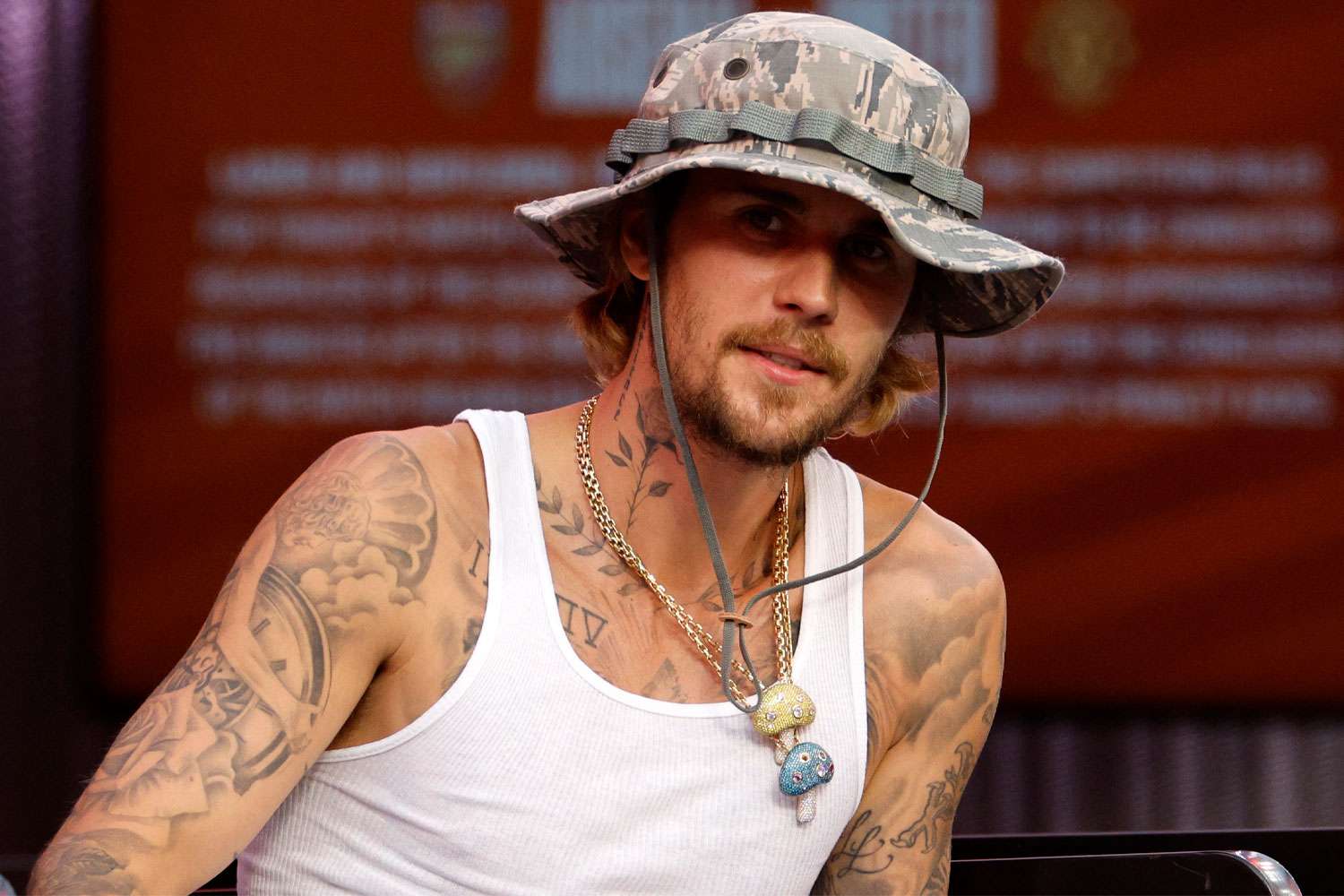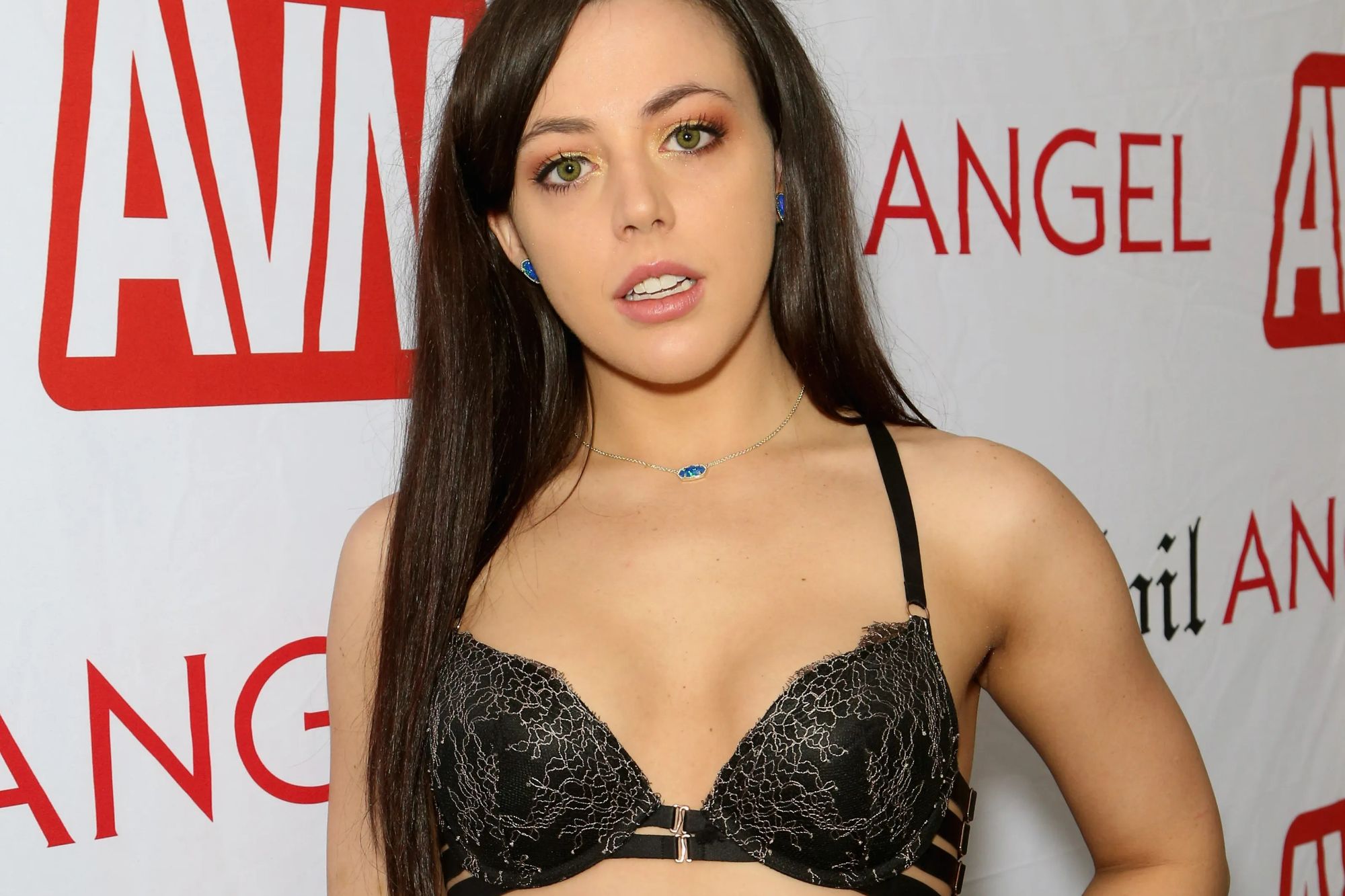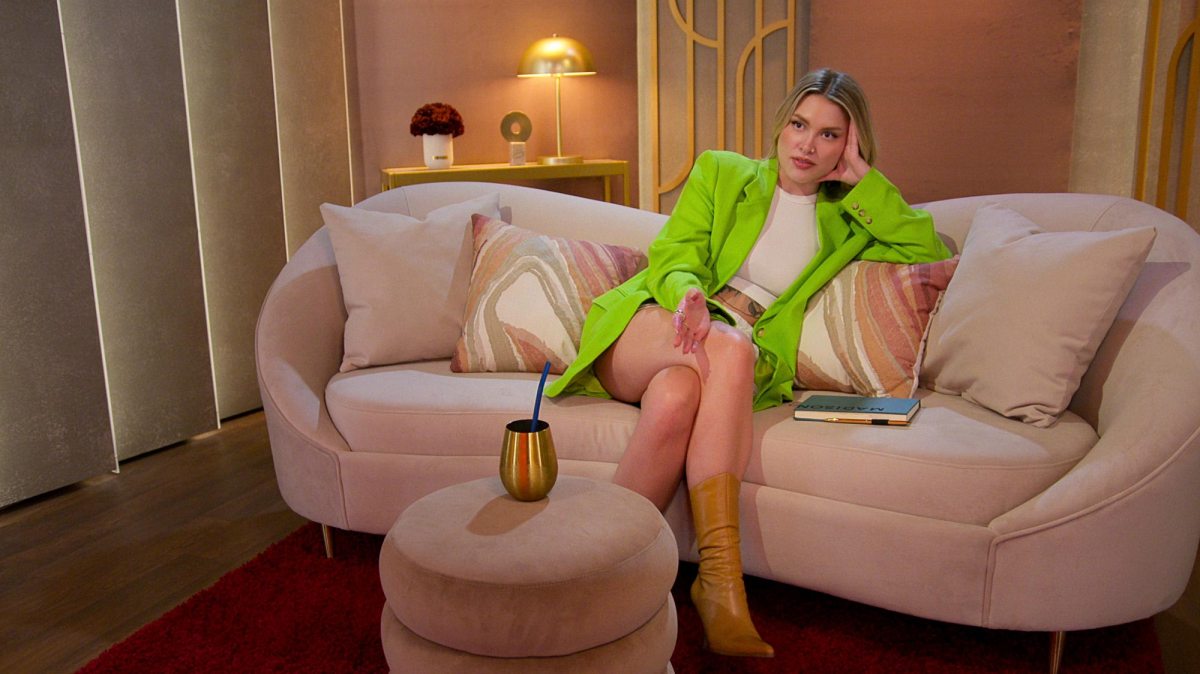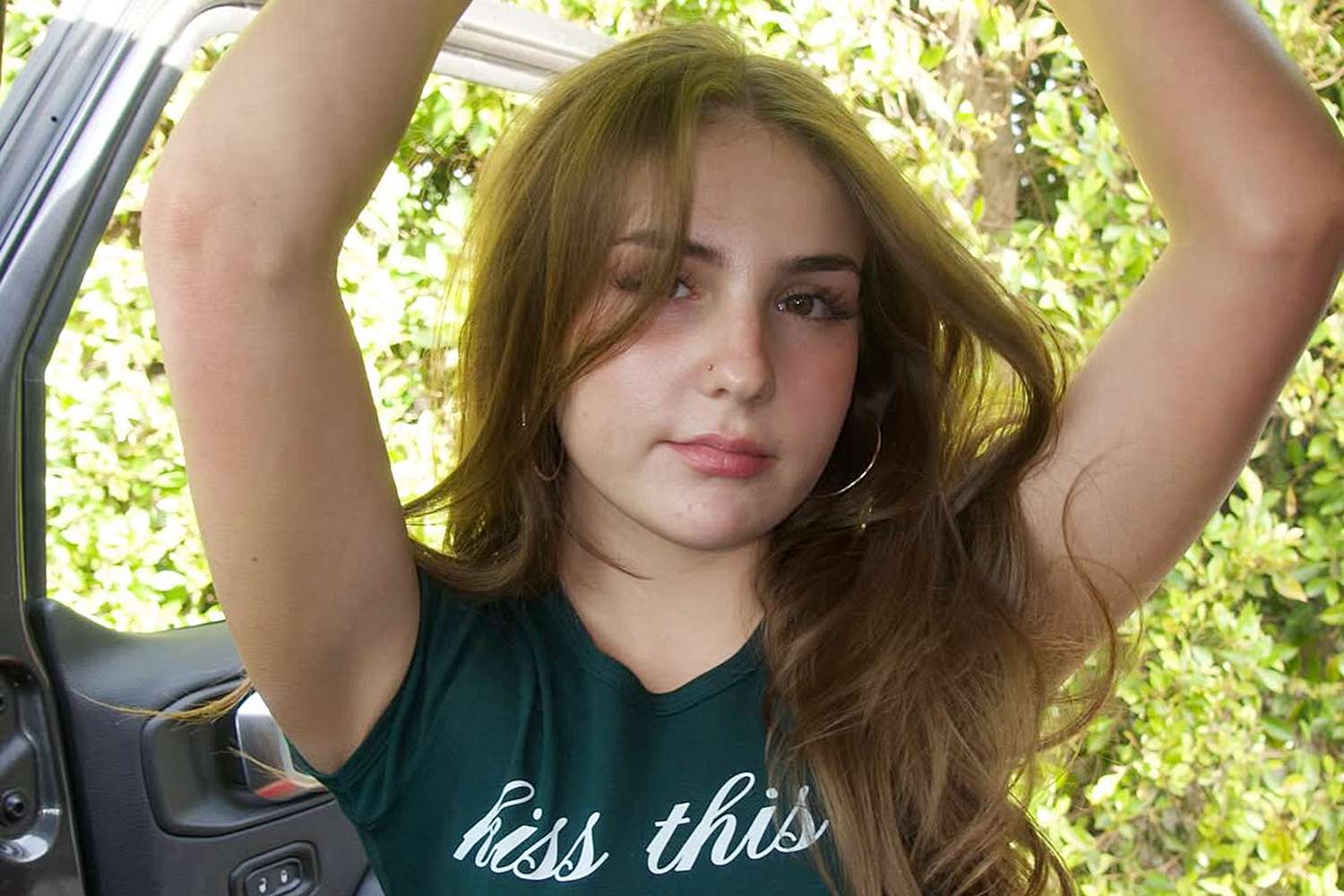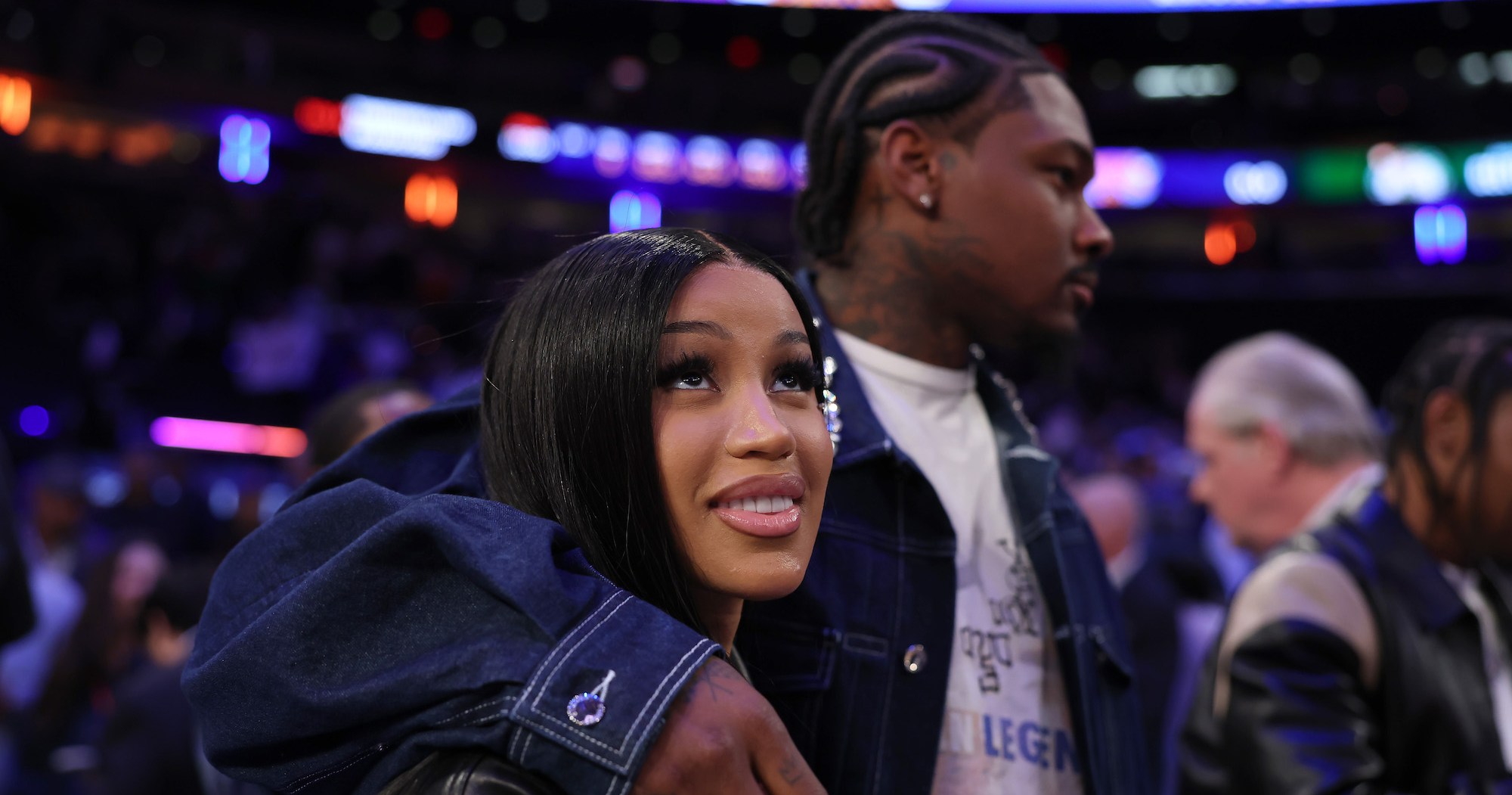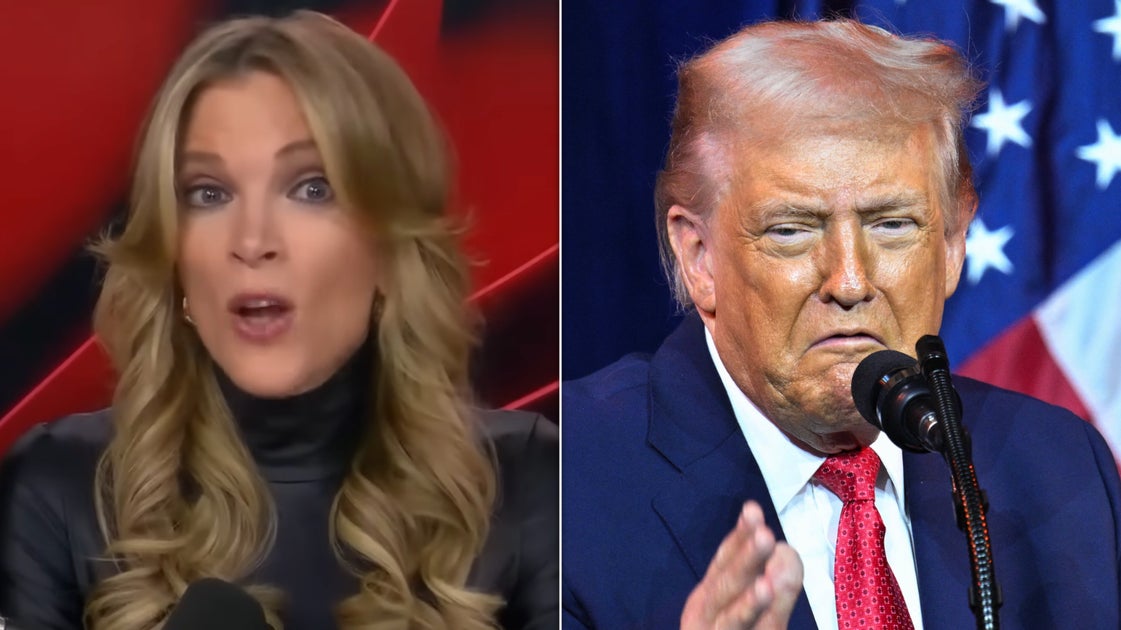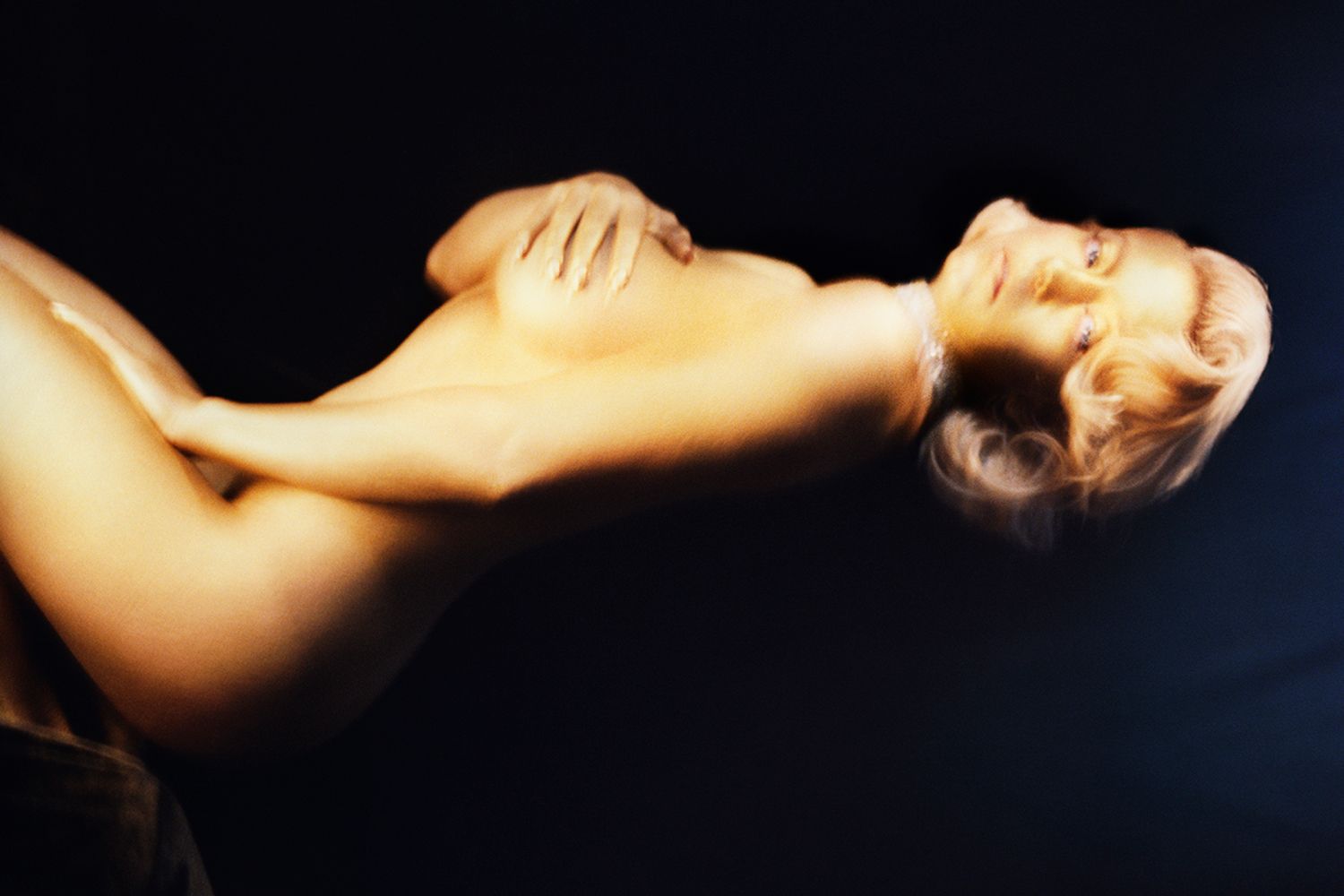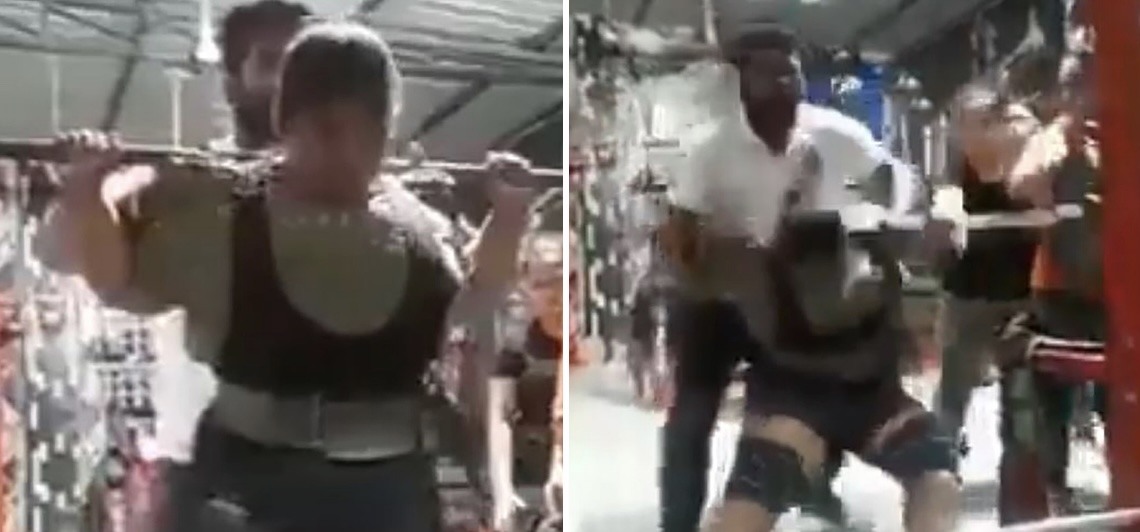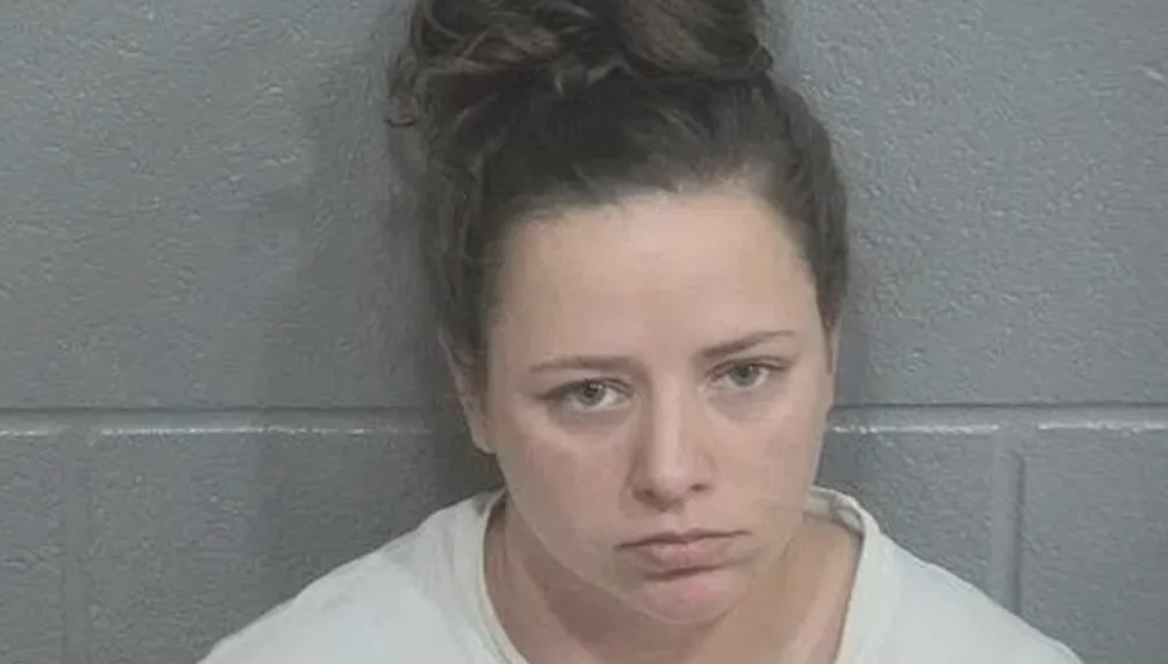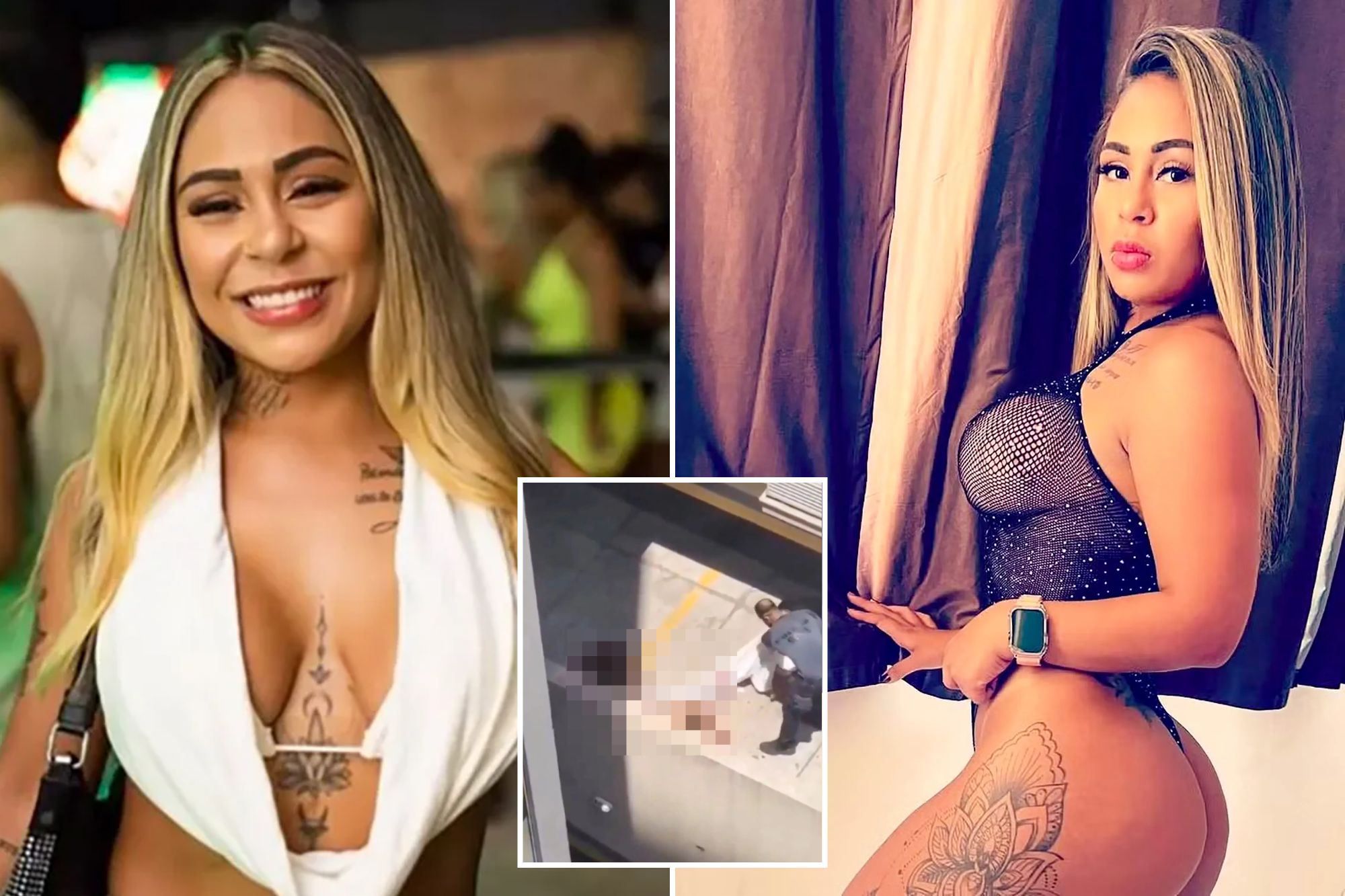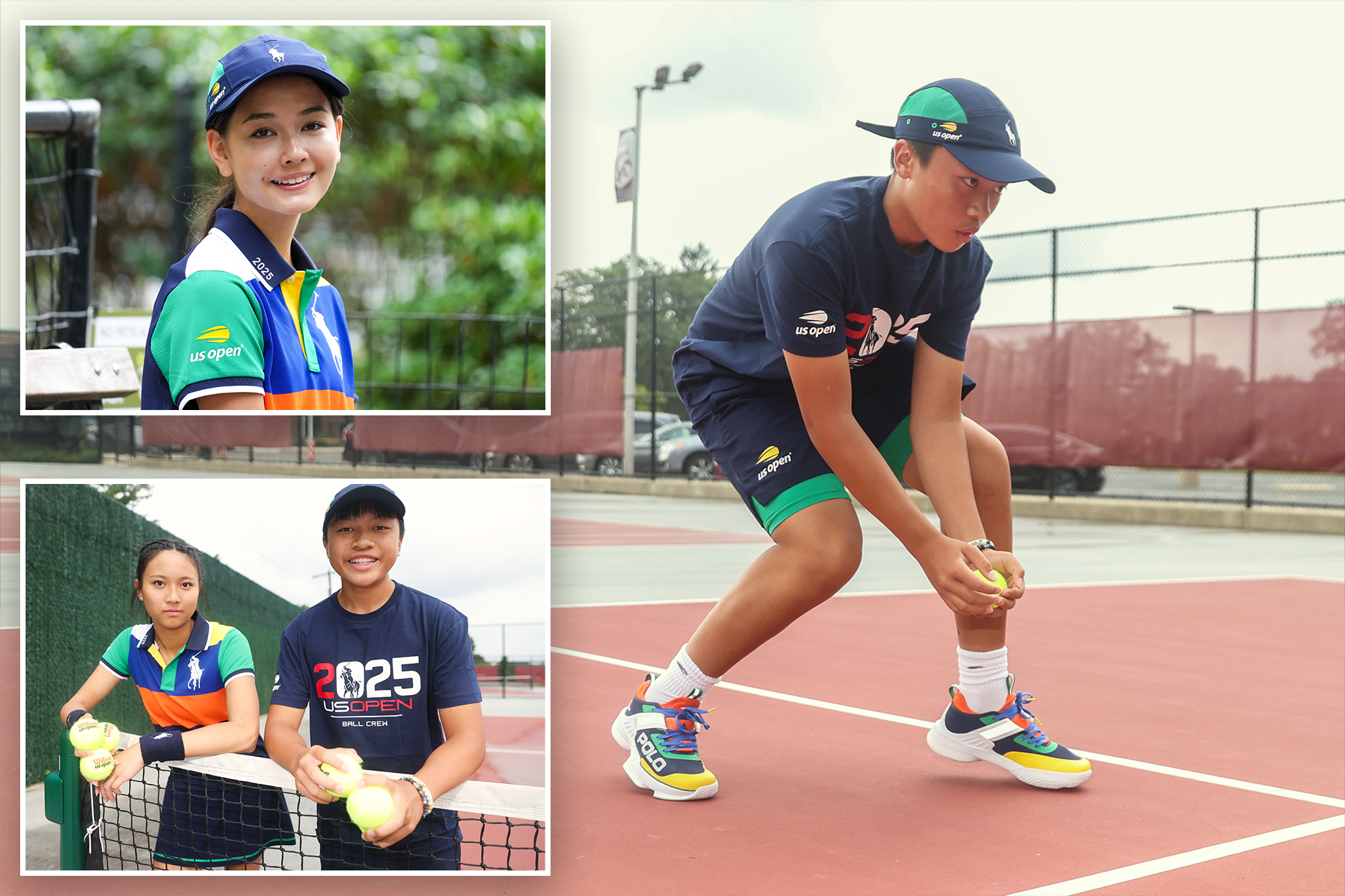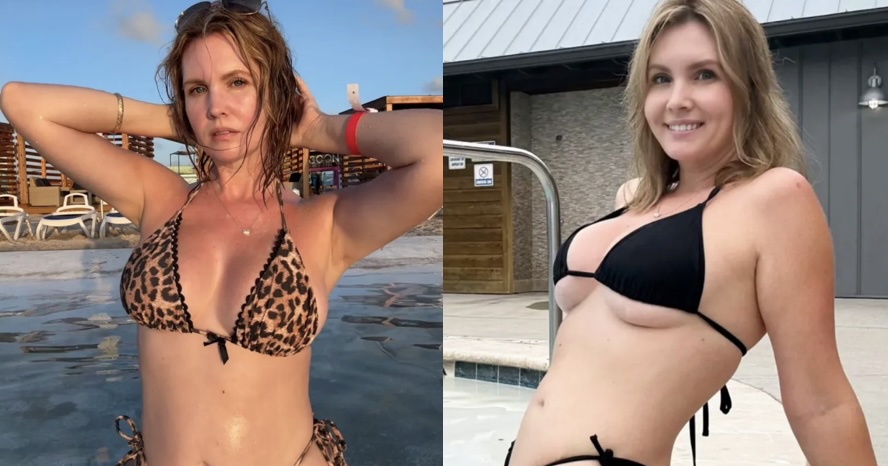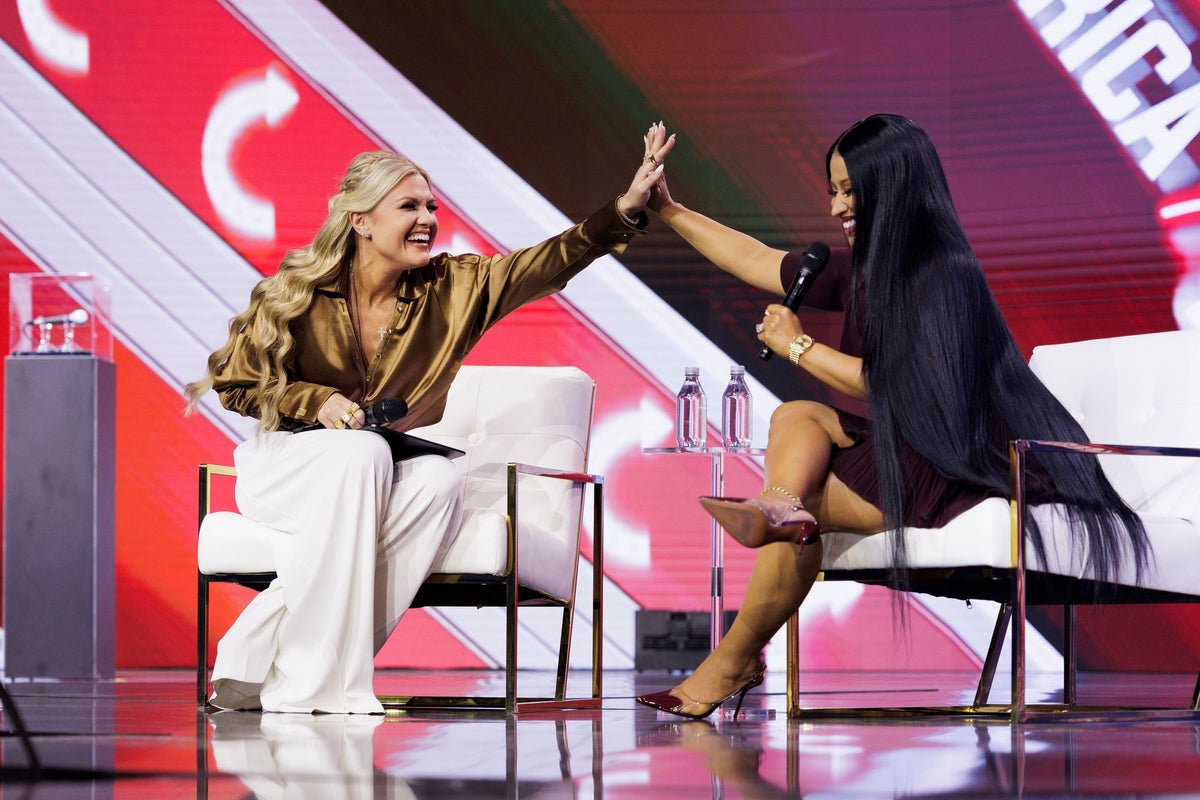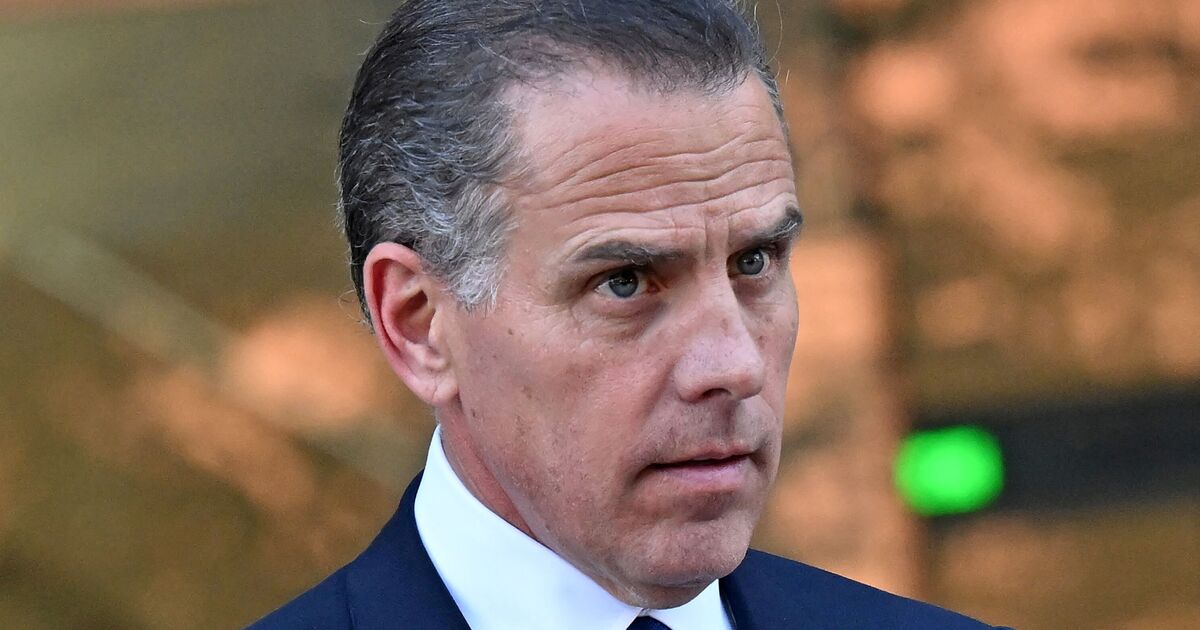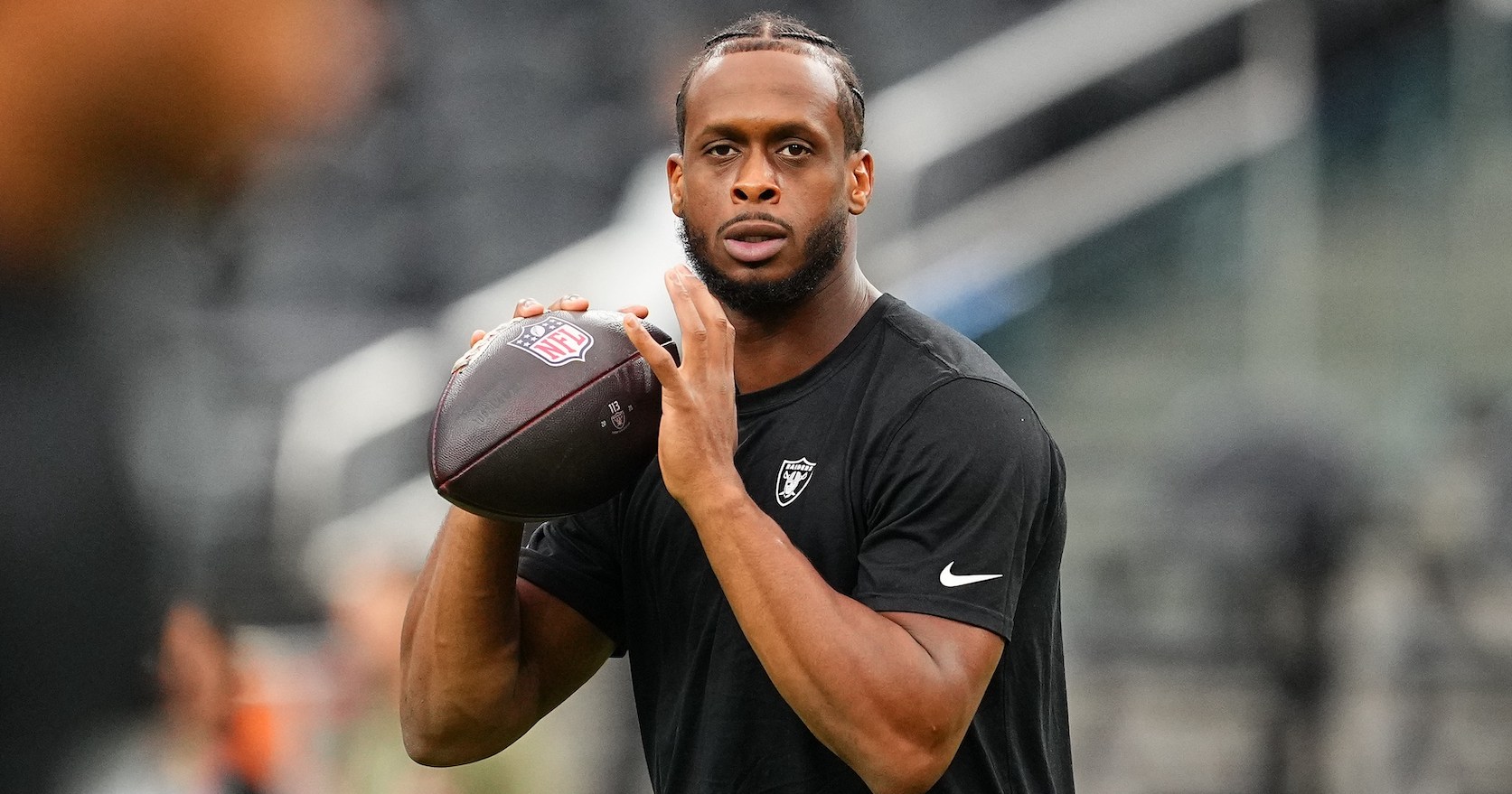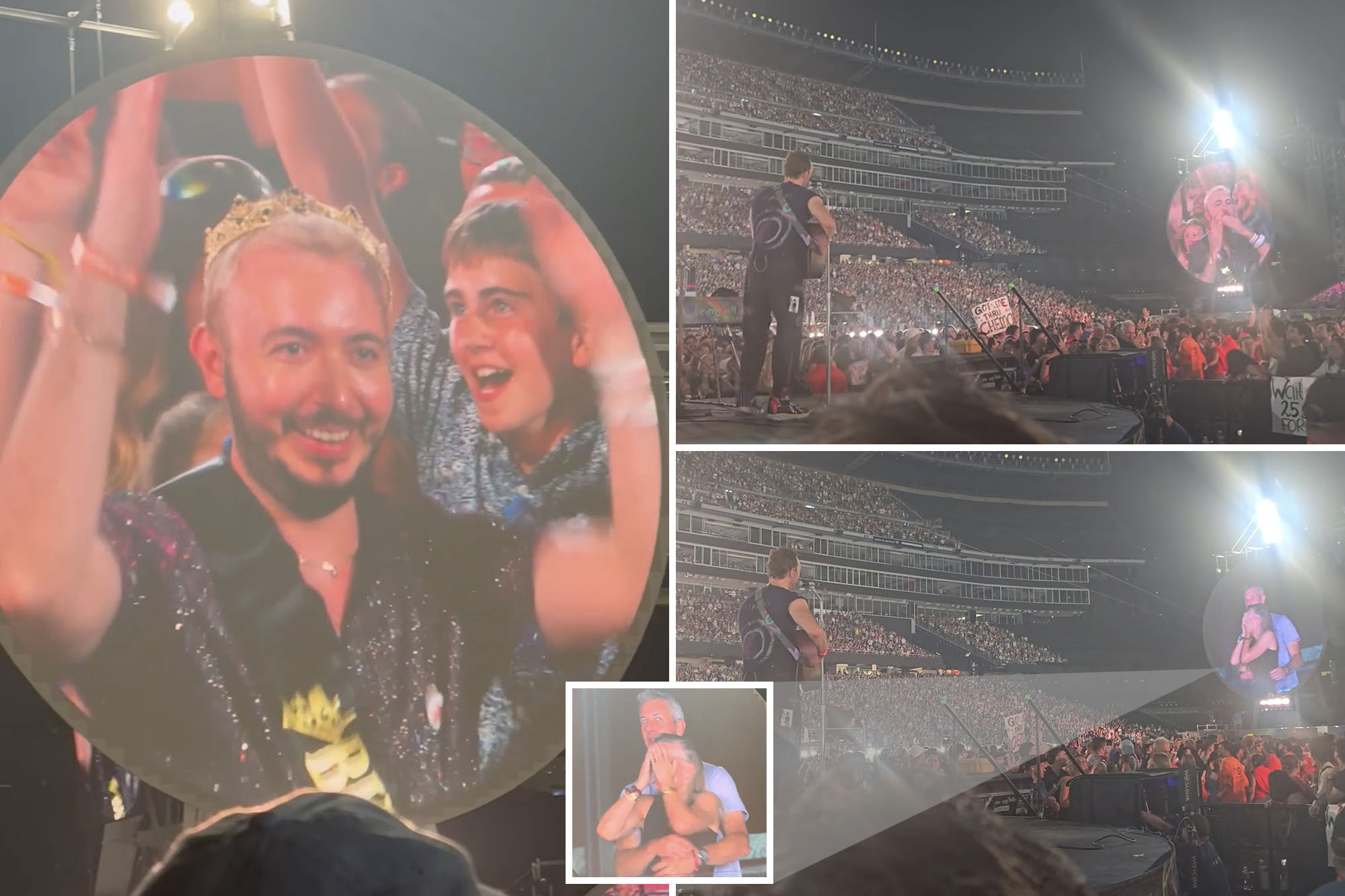‘Sickening’ AI Trend Sexualizing Down Syndrome Characters Exposes Dark Side of Tech
Social media has always been a playground for creativity, but lately, some creators have taken things to a disturbing level. While many users have been known to use AI filters to enhance their looks—making their waists appear smaller or their busts larger—there's a new trend that is raising eyebrows and alarm bells alike. On platforms like Instagram and TikTok, accounts are emerging that superimpose facial features associated with Down syndrome onto scantily clad women engaged in sexually suggestive behavior, all in a bid to drive engagement.
These videos are going viral, racking up hundreds of thousands of views, and they often redirect users to OnlyFans accounts, other adult sites, or Telegram groups. This alarming trend has caught the attention of individuals with Down syndrome and disability advocates, who are rightfully concerned about the fetishization and exploitation of vulnerable communities.

Charlotte Woodward, a 35-year-old woman with Down syndrome, expressed her feelings about this disturbing trend. “It makes me feel a myriad of things,” she said. “Not only do I find it disturbing, I find it personally upsetting. I also feel anger and outrage.” Her sentiments echo the concerns of many who see this content as not just offensive but harmful.
The captions accompanying these posts are equally troubling, often sexualized and exploitative. Phrases like “Is Down syndrome a deal breaker for you?” and “Would you date a girl with Down syndrome?” are common, alongside even more lewd comments. Woodward, who works as a programs associate for the National Down Syndrome Society, believes that this type of content puts individuals like her at risk. “I just feel as if it’s putting people with Down syndrome at risk of sexual abuse and sexual assault,” she stated.

It remains unclear who is behind the numerous Instagram and TikTok pages that have recently surfaced, but many of them appear to be stealing videos from scantily clad female stars and applying AI filters to create this disturbing content. A concerning pattern has emerged, with various accounts using the same videos and linking to a handful of OnlyFans accounts.
While it’s difficult to pinpoint the exact tools these creators are using to manipulate the images, TikTok has been known to offer several controversial filters that can alter the appearance of individuals with disabilities. In response to the growing concern, TikTok has stated that using filters to portray disabled individuals violates its community guidelines. Following this announcement, several filters flagged by media outlets were removed from the app.

Despite these actions, it’s clear that the creators behind these accounts are profiting from the morbid curiosity surrounding their videos, monetizing views and accumulating OnlyFans subscriptions. Kandi Pickard, CEO of the National Down Syndrome Society, commented on the situation, saying, “The social media posts that are more sexual in nature are just exploiting disability for entertainment and clicks. Disability is not a trend.”
Families of individuals with autism have reached out to Pickard, expressing their concerns about this troubling trend that has exploded online in recent months. “It’s been on our radar,” she noted. “We’ve been really monitoring this surge in fake online social media accounts.”

As with many aspects of the internet, there appears to be a demand for this bizarre niche content. For instance, Instagram’s search function auto-fills suggestions for “down syndrome” with terms like “beautiful girl” and “down syndrome dance,” indicating that users are actively seeking out this type of material. This leads to endless pages of artificially generated, hyper-sexualized content.
A spokesperson for Meta, the parent company of Instagram, stated, “Our Community Standards apply to all content posted on our platforms regardless of whether it’s AI-generated, and we take action against any content that violates these policies.” Meanwhile, OnlyFans has its own set of rules regarding AI-generated or enhanced content, stipulating that it can only be posted by registered creators and must clearly indicate that AI is being used.

Some of the posts are shockingly explicit, with captions like “Do I look cute even if I have Down syndrome?” and “Syndrome is down but your d—k is up.” The existence of Down syndrome porn—both artificially generated and otherwise—can also be found in the darker corners of the internet, raising further concerns.
Pickard, who has a son with Down syndrome, emphasizes the dangers of this trend, stating that it creates an inaccurate and hyper-sexualized portrayal of individuals with the condition. “People with Down syndrome can find love, they can have kids, they can have sex,” she explained. “These are all normal things. But this content is a lie to make money off of people with disabilities and people with Down syndrome.”
In stark contrast to this exploitative content, creators who genuinely have Down syndrome, like Madison Tevlin, are working to promote positive messages and de-stigmatizing narratives about individuals with the condition. They demonstrate that the reality of life with Down syndrome is far removed from the one-dimensional, hyper-sexualized smut being churned out by these accounts.
“Really what these videos are is ableism,” Woodward concluded. “It’s even worse than when non-disabled people use the r-word.” This statement encapsulates the broader issue at hand: the need for society to recognize and challenge the harmful narratives that exploit and dehumanize individuals with disabilities.

